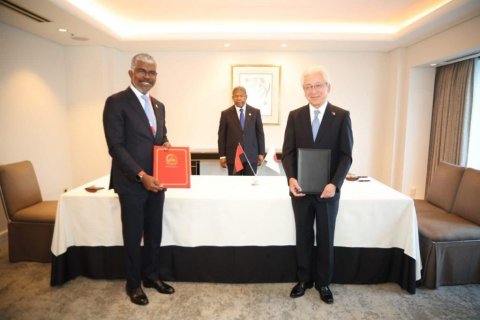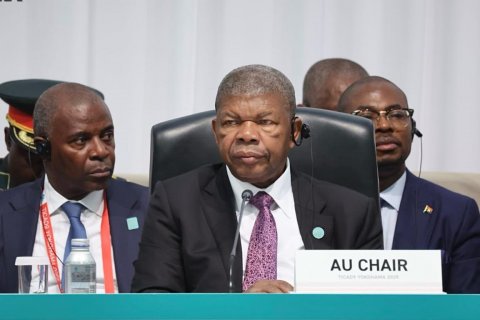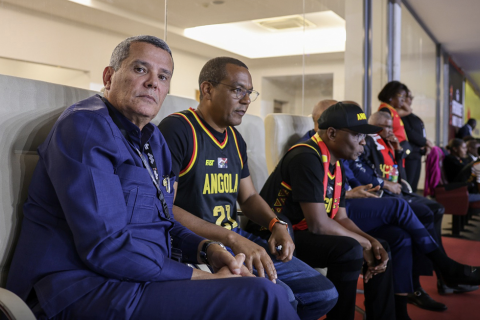"The Constitution says that the President [of the Republic] exercises administrative supervision over local authorities, superintendence over public companies and public institutes, it is clear that in Angola many ministers do not know how to differentiate between superintendence, power of direction and guardianship", said Carlos Feijó.
According to the former Minister of State and Chief of Staff of the President of the Republic, under José Eduardo dos Santos, "there is an attempt at direct interference by ministers in management, not understanding well the meaning and scope of what powers of superintendence and what are the supervisory powers".
Carlos Feijó said that "many conflicts have already arisen", so the recent revision of the Administrative Litigation Law already foresees "legal actions" against holders of government positions that interfere in the activity of indirect administration bodies and independent administration.
The well-known jurist and professor at the Faculty of Law of the Agostinho Neto University, who was speaking at the III Annual Conference of the Regulatory Authority for Competition (ARC), also warned of the "risk of capture and the legitimacy of the regulatory authorities".
"As you know, this is a problem that is discussed, this capture that regulatory entities are sometimes the object or are subject to and which, in essence, later also become an instrument of political intervention or even capture by economic operators", he pointed out.
In the opinion of the university professor, specialist in administrative law, the main instrument "against the temptation of capture by regulatory agencies is, above all, the right of popular participation in decision-making".
In this regard, he underlined, the current "law on Independent Administrative Entities is completely silent, that is, control via effective popular participation in the decision-making procedure by these regulatory agencies".
"Which is, in fact, a serious problem that regulatory entities, as a rule, have", he stressed.
Feijó was one of the speakers on one of the panels at the ARC conference that addressed the "Challenges of Entities and Competition and Sectoral Regulators in the Process of Transformation into Independent Administrative Entities".
During his speech, he pointed out several problems that contribute to the effective transformation of regulatory authorities into independent administrative entities, defending an "organic and legal readaptation" for the ARC.
Regarding the legal nature of the ARC, he pointed out, the Competition Law encompasses concepts "undue with a lack of rigor in administrative law, undue definitions in the law and in the statute of the regulatory body".
And there is in the Competition law, an "unidentified legal object" and it says: "It is a body whose responsibility it is, then it says it is a legal person governed by public law, it confuses a legal person with a body that are different persons, you don't know if it is authority, whether it is a regulatory agency or body", he noted.
"[The] main problem that this agency will have is some rigor in defining its legal nature and this will be for me the first problem it will have, but the Law of Independent Administrative Entities will solve this problem", he stressed.
"Therefore, if the [Competition Regulatory] authority meets the requirements to be an independent administrative entity, it will have to carry out this organic and legal readaptation and will have to follow the entire procedure for its creation process", he added.
And Carlos Feijó concluded: "You will have to respond to a problem of the need for the so-called impact study or regulatory impact assessment, which our legal system is totally silent on the need for this study".
The III Annual Conference on Competition and Economic Regulation in Angola, held in Luanda, aimed to mark the four years of existence of ARC, a body under the Ministry of Finance, created in December 2018.







